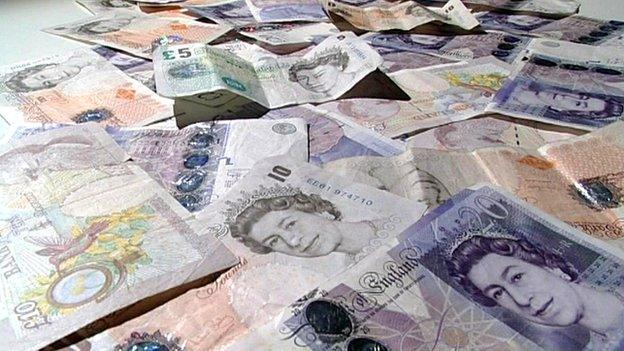Budget 2015: George Osborne hails more power for Wales
- Published
The plan would see a giant manmade lagoon generating power to run 120,000 homes for 120 years
Chancellor George Osborne has said more power is being given to Wales, as he delivered his Budget speech.
He said the UK government was opening negotiations over a £1bn tidal lagoon energy project in Swansea, and on an infrastructure "city deal" for Cardiff.
Severn Bridge tolls - currently £6.50 for cars and £13.10 for vans - will be cut in 2018 to £5.40 for both.
However, Wales' Finance Minister Jane Hutt said the "devastating impact" of austerity cuts was set to continue.
Giving his sixth Budget speech in the House of Commons, the chancellor hailed "a truly national recovery" and record levels of employment.
Election focus
It was Mr Osborne's final chance to woo floating voters ahead of the general election on 7 May.
He insisted that deficit reduction remained his top priority, but also unveiled measures to raise the tax allowance to £10,800 next year and the starting point of the 40p tax rate to £43,300 by 2017.
The chancellor also announced plans to scrap annual tax returns and replace them with "digital tax accounts", allowing people to manage their affairs using smartphones or computers.
Other measures include:
Relaxing pension rules from April 2016 to allow up to five million existing pensioners to swap their fixed annual payments for cash
Annual savings limits for ISAs increased to £15,240 and the creation of fully flexible ISAs
A fresh crackdown on tax avoidance and evasion, which he said will raise £3.1bn
Raising the rate of the bank levy to 0.21% to raise an additional £900m a year
The National Farmers' Union welcomed a promise that farmers will be able to assess their income for tax purposes across five years as "fantastic news".
The Wales Air Ambulance service has also been promised a share of an extra £10m funding.
Some of the plans in Mr Osborne's statement are likely to depend on a Conservative victory on 7 May - whoever wins the election is likely to set out another Budget later this year.
Welsh Secretary Stephen Crabb, a fellow Conservative minister, hailed it as "a Budget to help secure Wales' future".
"It is a Budget that will cement the economic recovery in Wales, that backs business in Wales and that will make a real difference to the lives of hardworking people right across our nation," he said.
Jane Hutt called the Budget a 'damp squib'
The Labour Welsh government's finance minister Jane Hutt said the Budget would result in an extra £18m coming to Wales in 2015-16 under the Barnett formula, but that would be overshadowed by the Treasury's wider cutbacks.
"The UK Government's austerity programme during this Parliament has had a devastating impact on Wales and is set to continue with a further £30bn of cuts forecast up until 2017-18," she said.
Jenny Willott, Liberal Democrat MP for Cardiff Central, was more positive, saying: "This Budget shows just what Lib Dems in government have been able to achieve for the people of Wales: creating opportunity for everyone by building a stronger economy and a fairer society."
But Plaid Cymru treasury spokesman Jonathan Edwards criticised "pre-election giveaways designed to pander to the Tory core vote" that he said "mask the reality that, in the next Parliament, our public services are set to suffer billions more austerity cuts, supported by Labour".
Cardiff council leader Phil Bale said confirmation of negotiations with the UK government over a "city deal" for cash to spend on infrastructure projects was "a major step forward".
He said Glasgow had set a precedent with a city deal worth £1.13bn, including £500m of new money from Westminster.

Analysis by Nick Servini, BBC Wales political editor
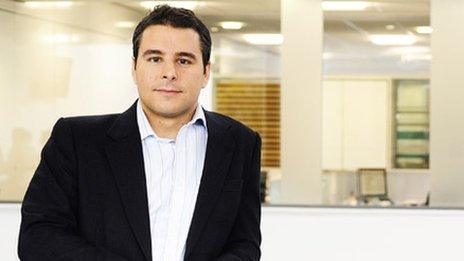
We knew that VAT on Severn Bridge tolls was going to be scrapped when they returned to public ownership in 2018, but this goes further.
The reduction for cars in 2018 from £6.50 to £5.40 is the result of that VAT cut, but the big step is to bring the cost for vans down to the same level as cars.
This crowd-pleaser for the "white van man" and woman in south east Wales and the south west of England, together with the other reductions, will be the first toll cuts on the Severn crossings since they were built.
What we do not know for sure is whether this is it as far as the Conservatives are concerned regarding toll cuts, or whether there will be more in their manifesto.
Talks on a Cardiff city deal could also be significant and marks a reversal of what has been described to me as the 'ABC policy' on public investment in Wales, which stands for "anywhere but Cardiff".
- Published18 March 2015
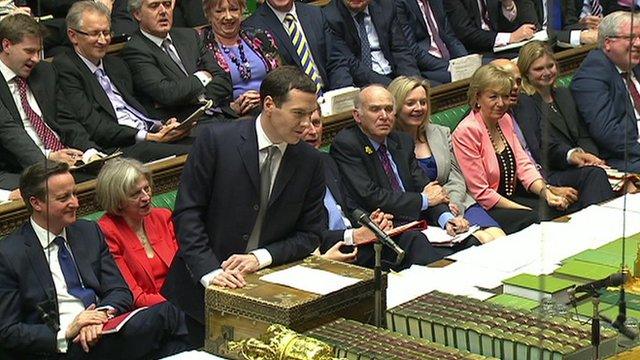
- Published18 March 2015
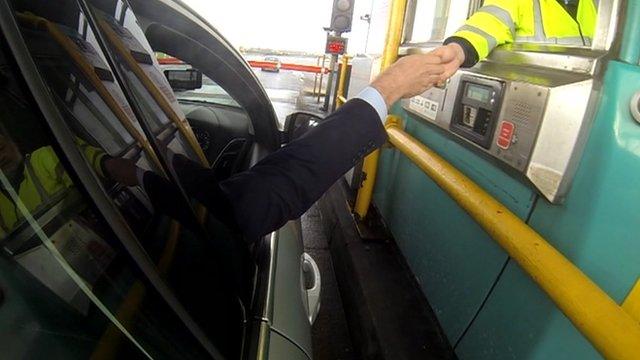
- Published18 March 2015
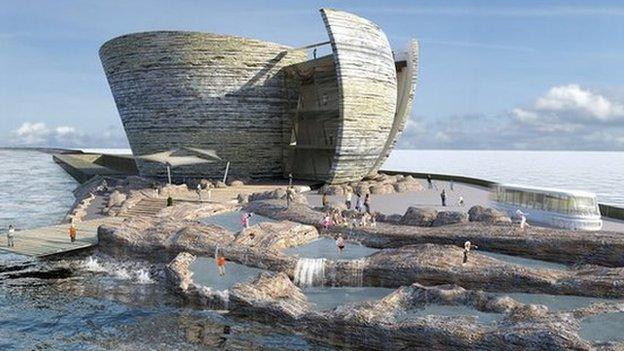
- Published18 March 2015
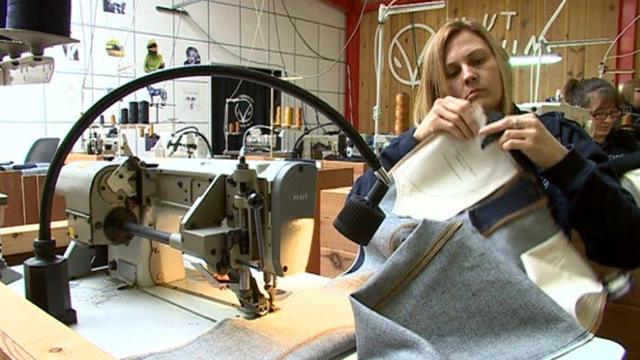
- Published8 March 2015

- Published1 March 2015
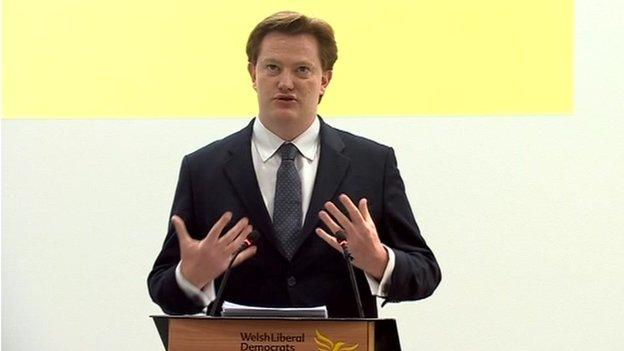
- Published27 February 2015
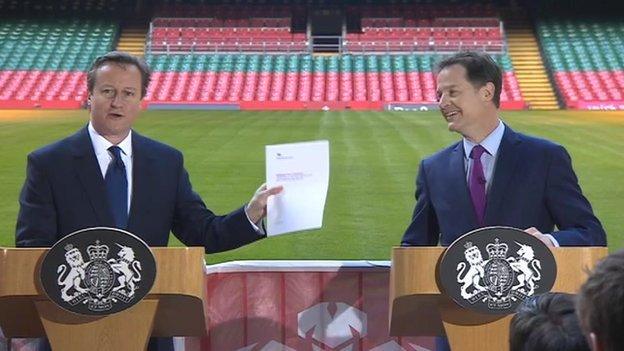
- Published3 December 2014
